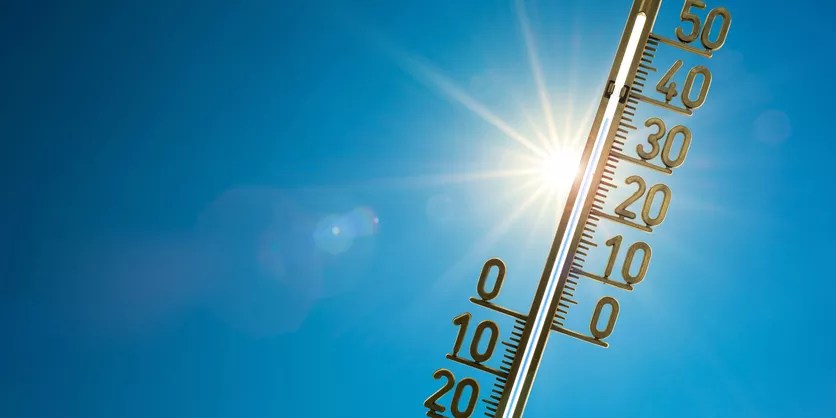
Xurzon

Audio By Carbonatix
Last week’s heat wave wasn’t the beginning, but it wasn’t the end, either. Dallas has seen sustained extreme heat before, notably in the summers of 1980 and 2011, but the city could see months of temperatures well above 100 degrees if Texas, the U.S. and the rest of the world don’t do anything to slow global warming, according to climate researchers.
Between 1979 and 2012, according to information released Tuesday by the Union of Concerned Scientists, Dallas – or, more accurately, the Dallas-Fort Worth-Arlington metro area – saw an average of 13 days annually when the heat index, which measures how hot it feels outside, topped 105. As we saw throughout last week, days when the heat index exceeds 105 are likely to cause the National Weather Service to put out heat advisories. They push the local electrical grid to the breaking point and endanger those without easy access to air conditioning, too.
If average temperatures continue to rise, climate scientist Juan Declet-Barreto says, they could combine with factors already present in North Texas’ climate to exponentially increase the number of dangerously hot days over the coming decades.
“A couple of decades ago, for example, we didn’t have the high baseline temperatures we have now. We didn’t have so many of the impacts of global warming.” — Juan Declet-Barreto
“Texas is no stranger to heat waves,” Declet-Barreto says. “In this case, as others have explained, the weakened jet stream this year made a high-pressure system linger for longer over the Southwest, but we’re looking at a much higher baseline [for temperatures]. It’s not the first we’ve had a year with a weak jet stream, but in previous occurrences, a couple of decades ago, for example, we didn’t have the high baseline temperatures we have now. We didn’t have so many of the impacts of global warming.”
If the surface temperature continues to rise at its current rate, which would amount to an increase of 6.6 degrees Fahrenheit between now and the end of the 21st century, Dallas temperatures could rise to the point of being unbearable, the scientists say.
If nothing changes, Declet-Barreto says, Dallas could see an average of 56 days of at least 105-degree temperatures per year by midcentury and 94 by 2100. It is unlikely that Dallas will survive such an increase unscathed, but, hey, at least the Rangers’ stadium will have air conditioning by then.
Last week, according to Dallas County Health and Human Services, Dallas County hospitals reported 53 county residents suffering from heat-related illnesses such as heat exhaustion, stroke and cramps. None of those patients died, but the 53 cases amounted to an almost 300 percent spike in heat illnesses from the same time period in 2017, DCHHS spokeswoman Renae Crutchfield said.
To keep people safe in Dallas and other areas susceptible to extreme heat, such as Phoenix, the United States must get back on track when it comes to reducing carbon emissions, Declet-Barreto says. The U.S. is on the wrong track thanks to President Donald Trump’s decision to pull the country out of the Paris Climate Accord and end the Clean Power Plan.
“We know that there’s a link between increased carbon emissions globally and the trajectory of temperature as related to climate change,” Declet-Barreto says. “Reducing carbon emissions and transitioning to clean energy is definitely a task that the United States and all developed countries need to stay on.”